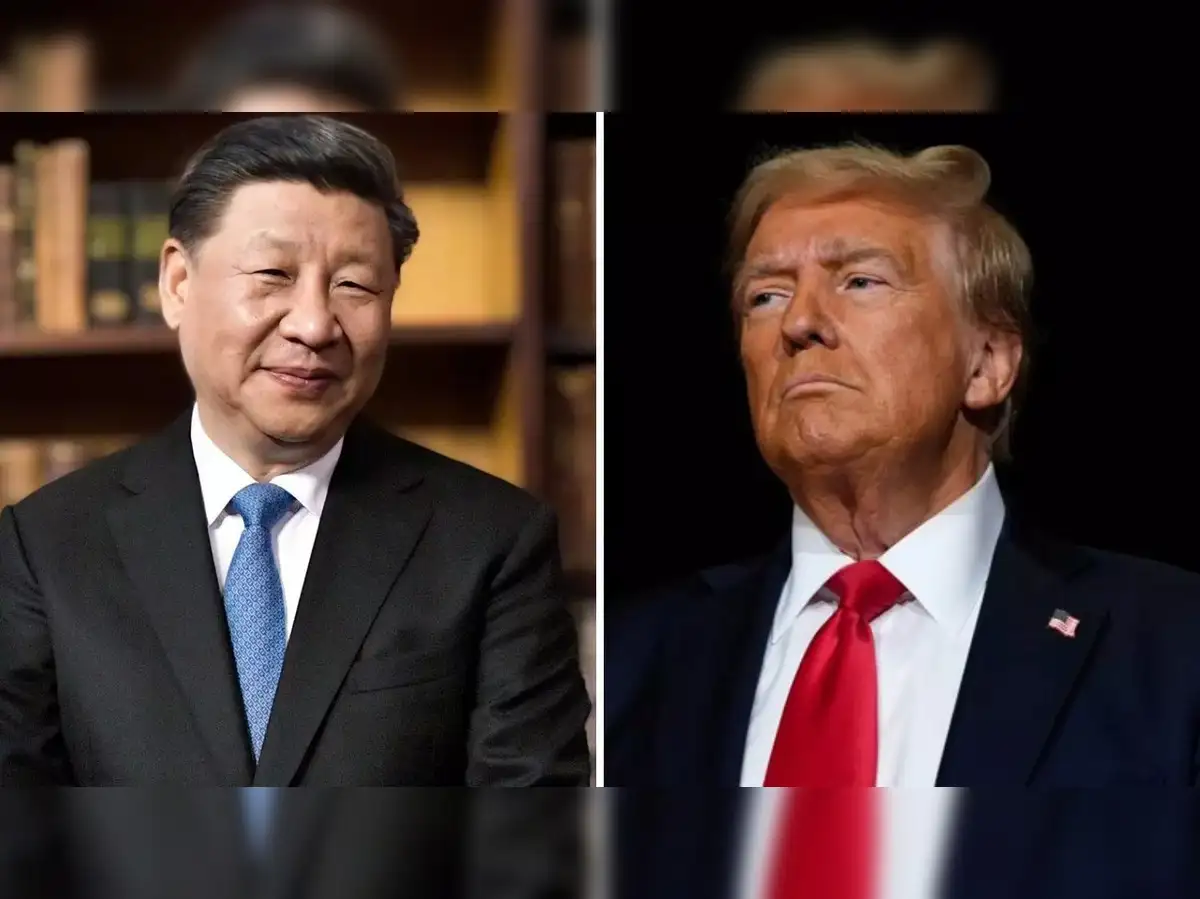Beijing — China has accused the United States of orchestrating a large-scale cyberattack on its National Time Service Center, claiming that the operation could have jeopardized the country’s key communication, financial, and energy systems.
According to a statement released by China’s Ministry of State Security on its official WeChat account, the U.S. National Security Agency (NSA) allegedly carried out a prolonged cyber-espionage campaign against the center — a core institution under the Chinese Academy of Sciences responsible for generating, maintaining, and broadcasting the nation’s standard time.
The ministry stated that the NSA’s operation involved “stealing secrets and infiltrating” critical national infrastructure. It further warned that such actions could have “seriously disrupted” vital systems, including global communication networks, financial transactions, and even the international standard time framework.
Evidence Traced Back to 2022
China’s security officials claim they uncovered digital footprints linking the stolen data and login credentials back to 2022. The ministry alleged that the U.S. intelligence agency exploited a vulnerability in the messaging service of a foreign smartphone brand to gain unauthorized access to the mobile devices and networks used by National Time Center staff.
While the statement did not identify the smartphone brand, it asserted that this breach allowed the NSA to spy on staff members and monitor the institute’s internal communications.
Continued Cyber Attacks in 2023 and 2024
Investigators also reported that U.S. hackers launched follow-up attacks in 2023 and 2024, targeting the center’s internal networks and attempting to compromise its high-precision ground-based timing systems. These systems play a critical role in ensuring synchronization for China’s communications, satellite navigation, and defense technologies.

The U.S. Embassy in Beijing has yet to respond to the allegations.
Rising Cyber Tensions Between China and the U.S.
This latest accusation marks a new chapter in the escalating cyber rivalry between the two global superpowers. Both nations have repeatedly accused each other of cyber espionage in recent years — each labeling the other as the world’s top cybersecurity threat.
The timing of China’s latest claims comes amid renewed tensions over trade and technology. Beijing recently tightened its export controls on rare earth elements, while Washington has threatened to impose additional tariffs on Chinese goods.
Analysts suggest that the cybersecurity dispute underscores the deepening distrust between the two powers, as both continue to compete for technological dominance and global influence.




